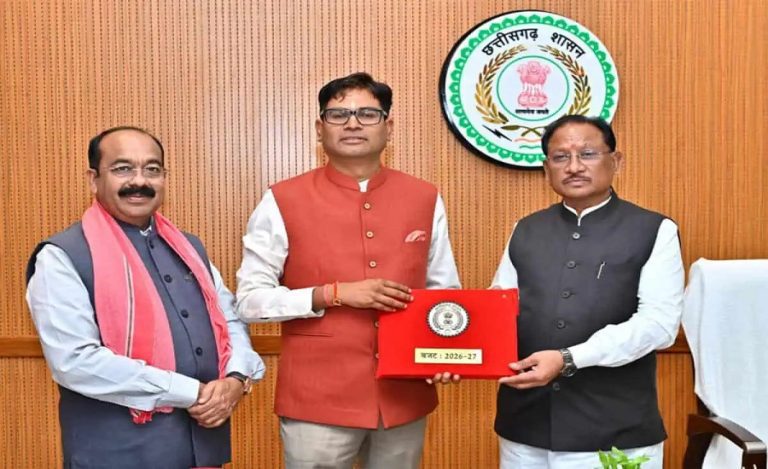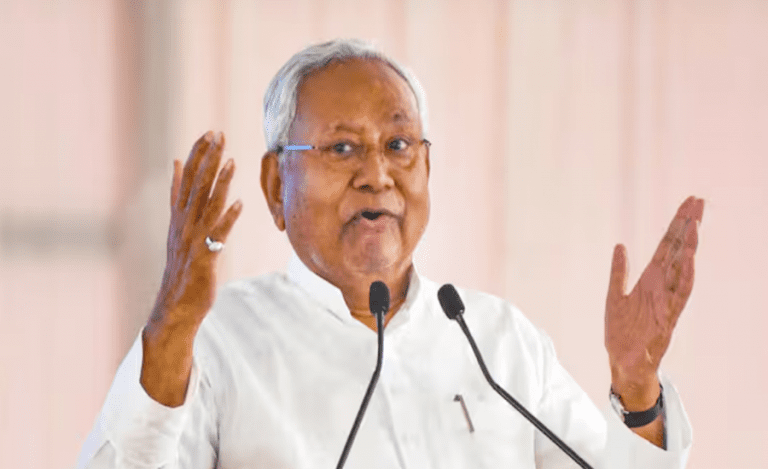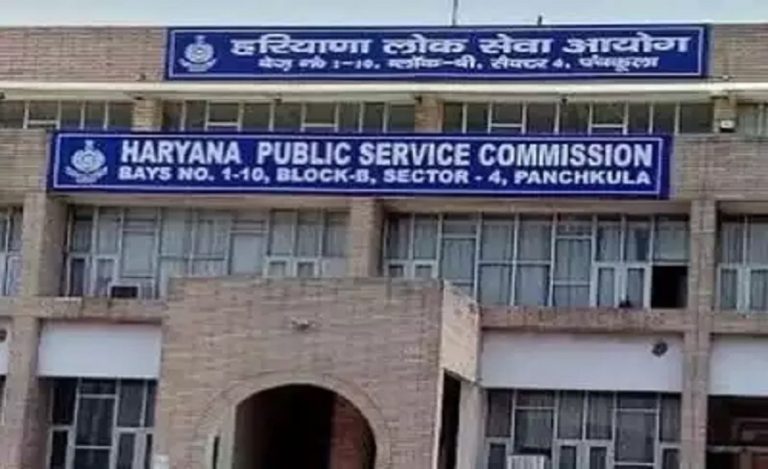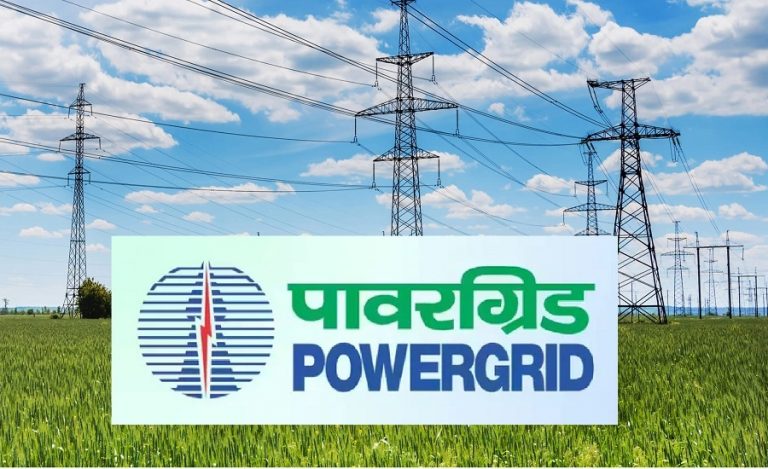The Ministry of Environment, Forest and Climate Change has announced the implementation of the revised E-Waste (Management) Rules, 2022, which came into effect on April 1, 2023. The updated rules aim to ensure the proper management of electronic waste (e-waste) across India, safeguarding public health and the environment from the adverse effects of improper disposal.
The E-Waste (Management) Rules, 2022, introduce a comprehensive approach to managing e-waste in an environmentally sound manner. A major change under the new regulations is the enhancement of the Extended Producer Responsibility (EPR) regime. Now, manufacturers, producers, refurbishers, and recyclers are required to register on the portal developed by the Central Pollution Control Board (CPCB). This initiative is designed to channel the informal e-waste sector into formal, regulated recycling operations, promoting sustainable and eco-friendly practices.
The new rules align with the broader objectives of the Swachh Bharat Abhiyan, focusing on reducing, reusing, and properly disposing of e-waste. The rules advocate for the development of a Circular Economy by promoting recycling, refurbishing, and ensuring proper disposal of electronic products. Additionally, the new provisions will help conserve resources, reduce greenhouse gas emissions, and contribute to sustainable development goals.
One of the key components of the E-Waste (Management) Rules, 2022, involves the responsibility of urban and rural bodies, as outlined in Schedule V of the rules. Local bodies are tasked with ensuring that e-waste mixed with Municipal Solid Waste (MSW) is segregated, collected, and sent to registered recyclers or refurbishers. They are also responsible for setting up e-waste collection systems, conducting training sessions for capacity building, and managing orphan e-waste products.
The industry itself is not left behind in this effort. Under Rule 6, producers of e-waste are mandated to register on the EPR portal, set EPR targets, and implement them as per the guidelines. They must also engage in awareness campaigns through various forms of media to educate the public about the importance of e-waste management.
The Ministry has laid out an action plan to ensure the effective enforcement of these rules, including collaboration with State Pollution Control Boards (SPCBs) and Pollution Control Committees (PCCs). The action plan focuses on public awareness campaigns, identifying informal e-waste traders, and managing uncollected, historical, and orphaned e-waste.
To ensure the successful implementation of these measures, the Ministry has also emphasized the importance of auditing stakeholders through the EPR portal and working closely with state governments and local bodies to enhance e-waste management capacity. Programs will be organized to raise public awareness and encourage the proper recycling of e-waste.
Union Minister of State for Environment, Forest and Climate Change, Shri Kirti Vardhan Singh, in a written reply in the Rajya Sabha, stated that the revised E-Waste (Management) Rules, 2022, play a crucial role in the country’s efforts to reduce e-waste pollution, promote responsible recycling, and advance environmental sustainability.
With these revised rules, India aims to establish a robust system for e-waste management that is aligned with global standards, benefiting both the environment and public health while fostering a circular economy.




























